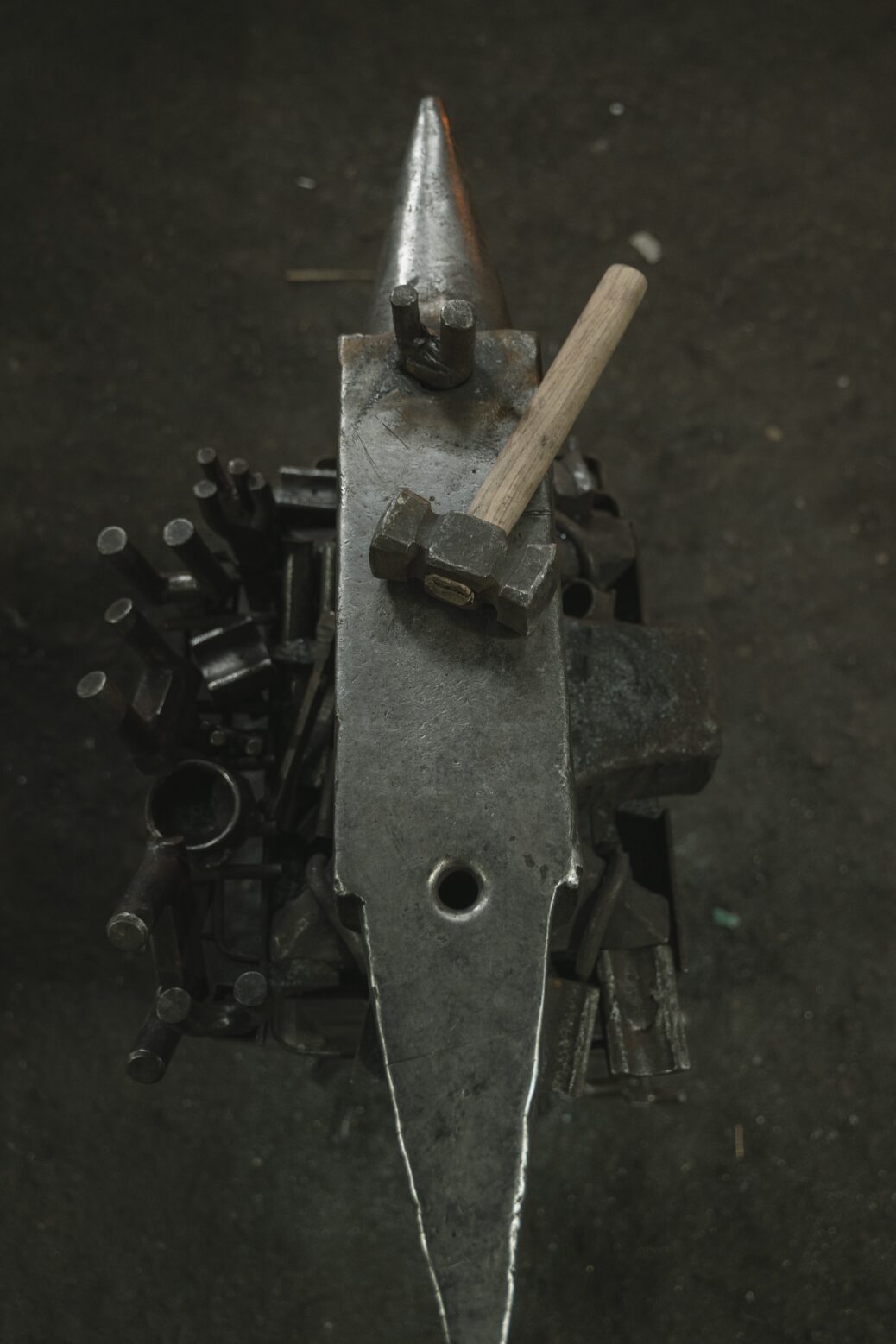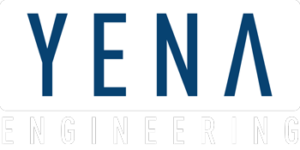Duplex steel is a type of steel that contains double-layered austenite and ferrite phases. It falls into the family of acid-resistant stainless steel. This double-layered structure improves two important mechanical properties which are strength and formability/elongation ability. In terms of these two properties, duplex steel predominates stainless chrome and chrome-nickel steels.
High local, stress, and surface corrosion resistance are the main characteristic properties of duplex steels along with the following important articles worth knowing:
- Fatigue corrosion resistance
- Wear resistance
- Erosion resistance
- High toughness
- Suitable for welding
- Minimal thermal expansion
Duplex steels are intensively benefited in strong corrosive environments such as desalination facilities located in offshores and chemical/petrochemical industries due to their superior resistance against corrosion.
Modifying Duplex Steels
All of the common welding practices are applicable to duplex steels except autogenous welding. Decontamination operations on the relevant surfaces must be executed before welding. The welding process generates a small amount of heat.
In machining operations, hard and strong cutting tools must be used due to the high strength of duplex steels. In this regard, the most suitable machining method is laser/plasma cutting. Low operation speed, proper guidance of saw blade, the high flow rate of coolant factors must be considered in machining. Exerted forces during this operation must be high enough to execute a safe and sound cutting.
Classifications of Duplex Steels
There exist several types of duplex steels. Each of these types can be classified into further sub-categories. Main types of duplex steels include:
Lean duplex
Does not contain a molybdenum element and comes in the following quality designations: 1.4482, 1.4162, 1.4062, 1.4362, and 1.4655.
Standard duplex
The most commonly used type of duplex steel having high resistance against corrosion. The standard duplex is known as 1.4462. Another variant containing 25% chromium, which is the main element that presents the corrosion resistance to stainless steels, is known as 1.4507.
Super duplex
Designated as 1.4410, 1.4501, and 1.4477. Extra resistance against corrosion is ensured by alloying with molybdenum. This type is the most suitable one for saline water applications due to its high resistance against chloride and high strength.
We ensure the best quality possible in duplex steel processing thanks to our years of expertise in the metal sheet working industry. We are focusing on producing materials in accordance with the desires of our customers and the requirements of construction projects.


